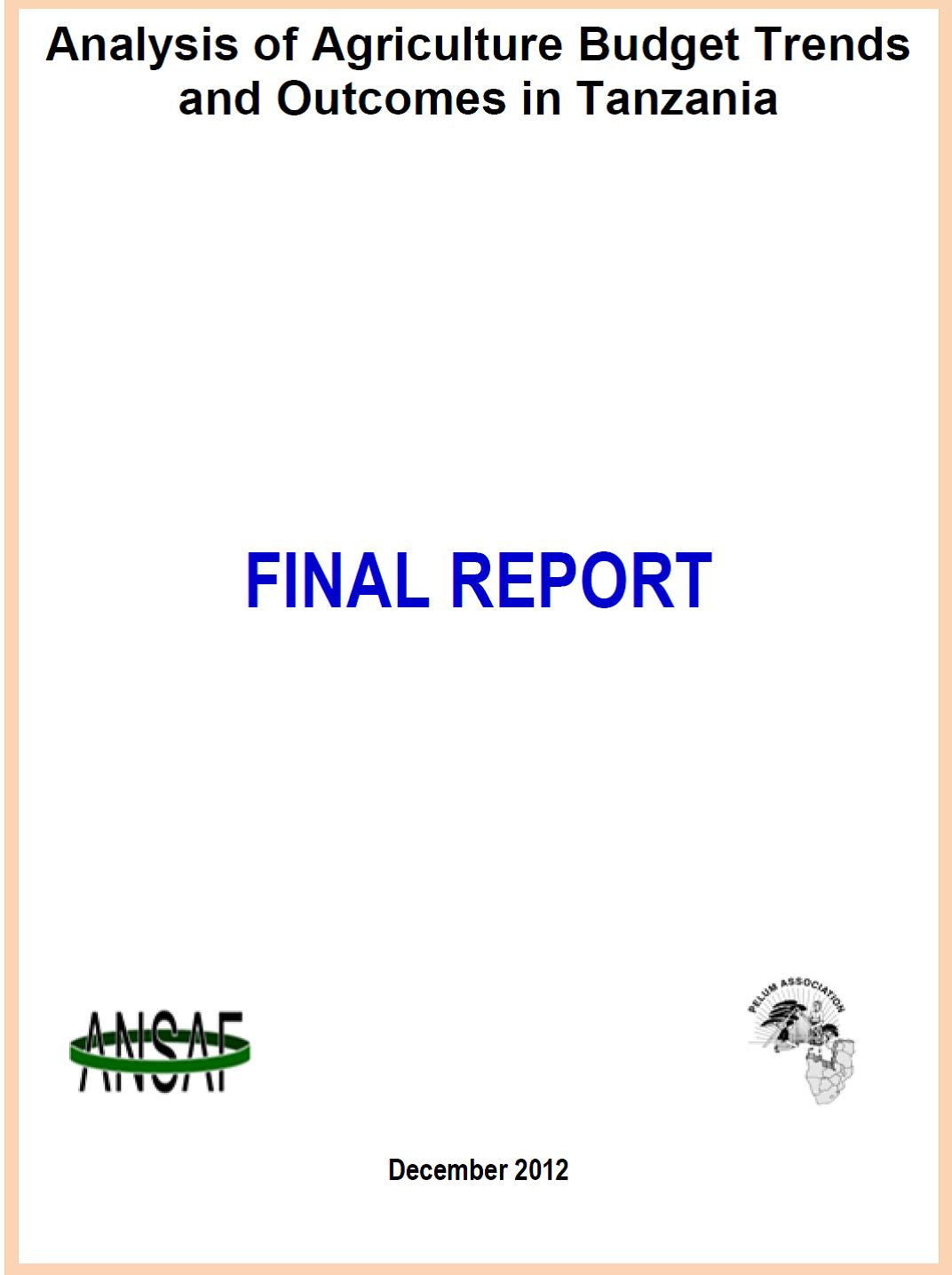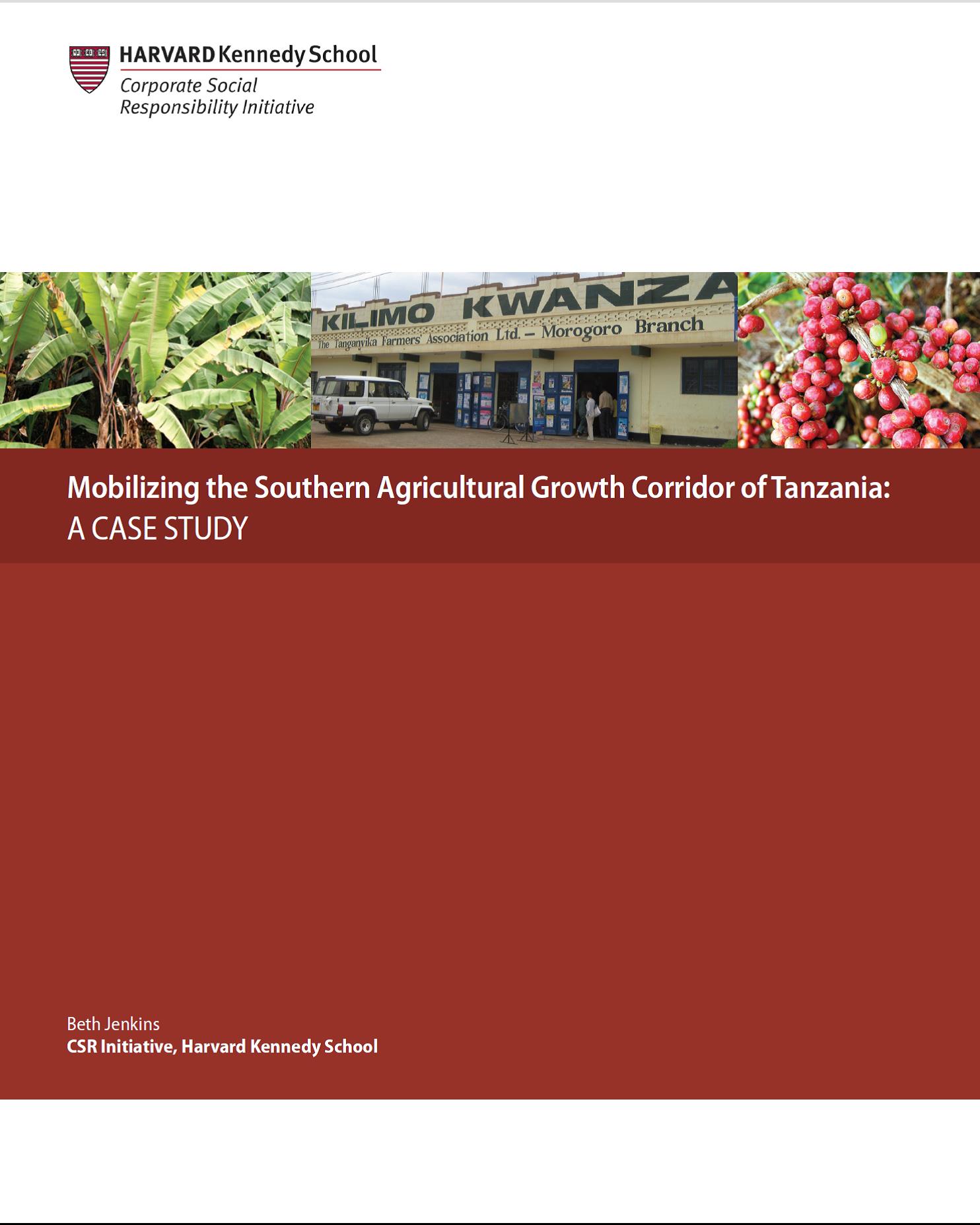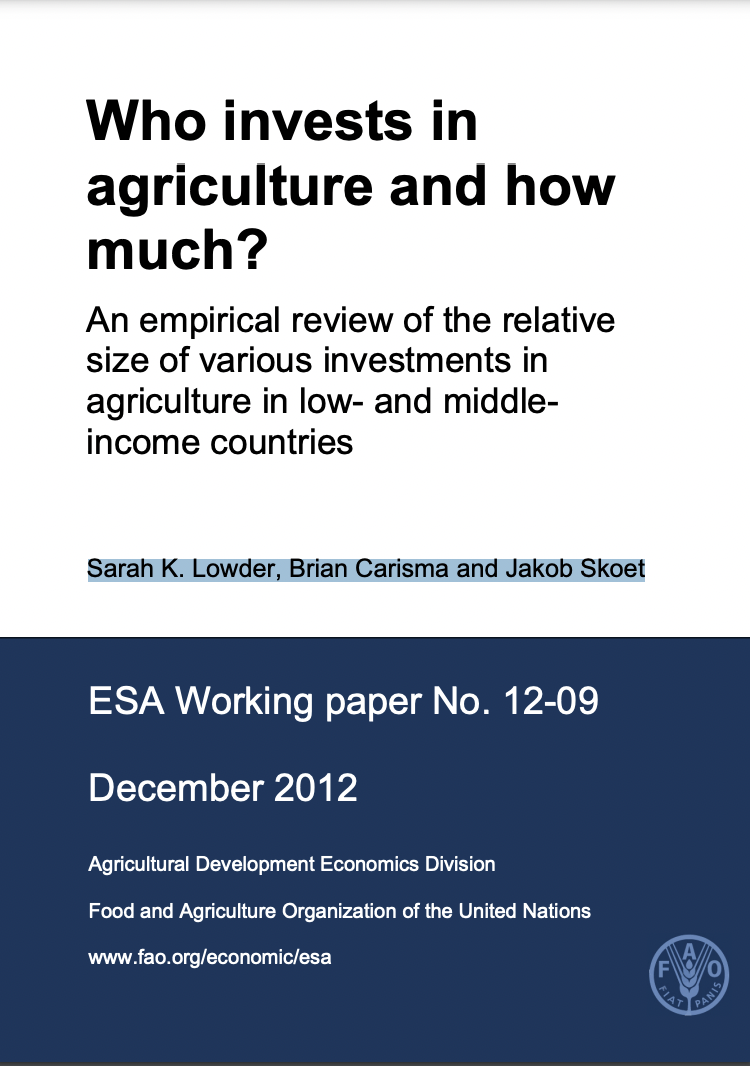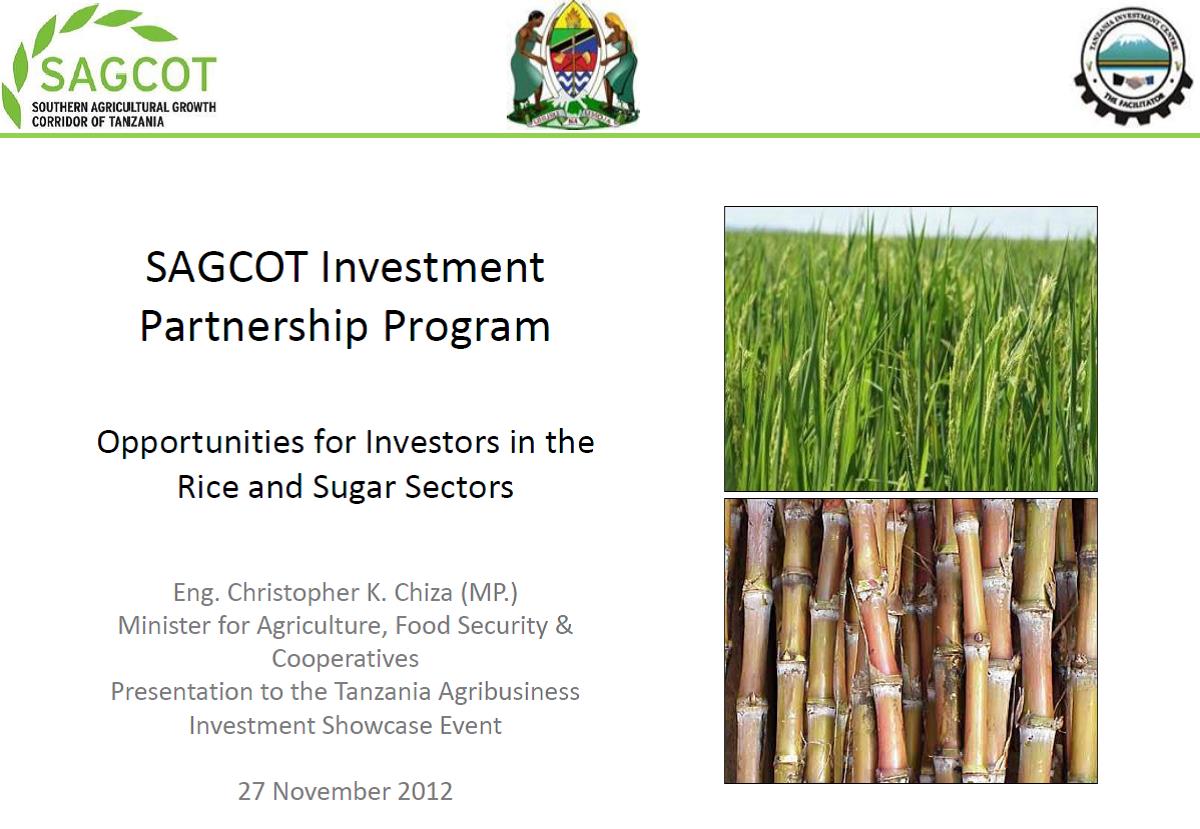World agriculture towards 2030/2050: the 2012 revision
This paper is a re-make of Chapters 1-3 of the Interim Report World Agriculture: towards 2030/2050 (FAO, 2006). In addition, this new paper includes a Chapter 4 on production factors (land, water, yields, fertilizers).




